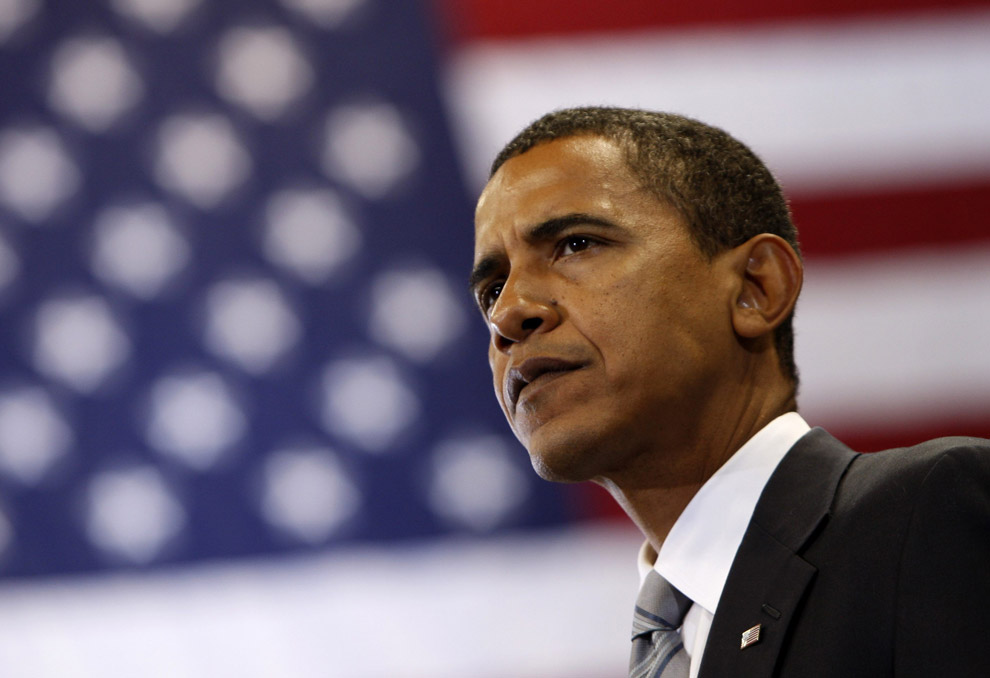
I came across an interesting article on the Der Zeit website this afternoon which consists of the German newspaper interviewing John McCain, the Republican Presidential candidate from 2008. In this interview, he discusses his views of current affairs between Egypt and Israel, Syria and more locally, America. What I was surprised by as I read the article was not so much what they talked about, but rather what they didn't say. Admittedly, I'm not the most politically aware human being in America, not even close. But I was interested to see that McCain didn't seem to blame Obama or democrats for anything, but rather just expressed hope that they would make good decisions from here on out. He also admitted weakness in the republican party by agreeing that they have largely underestimated the effects of demographic shifts on their policies. Needless to say, this was not at all what I was expecting to see when I read the article.
Looking at the article, McCain says that Americans are tired of war and would rather not send ground troops into more war. I can agree with that statement, although I am unsure about the "no-fly zone". Again, I am not the best-informed person in this area, but I don't see how that would necessarily help anything. Thoughts? Does McCain make good points in his discussion of foreign relations? Or is he just saying what the interviewers wanted to hear?


